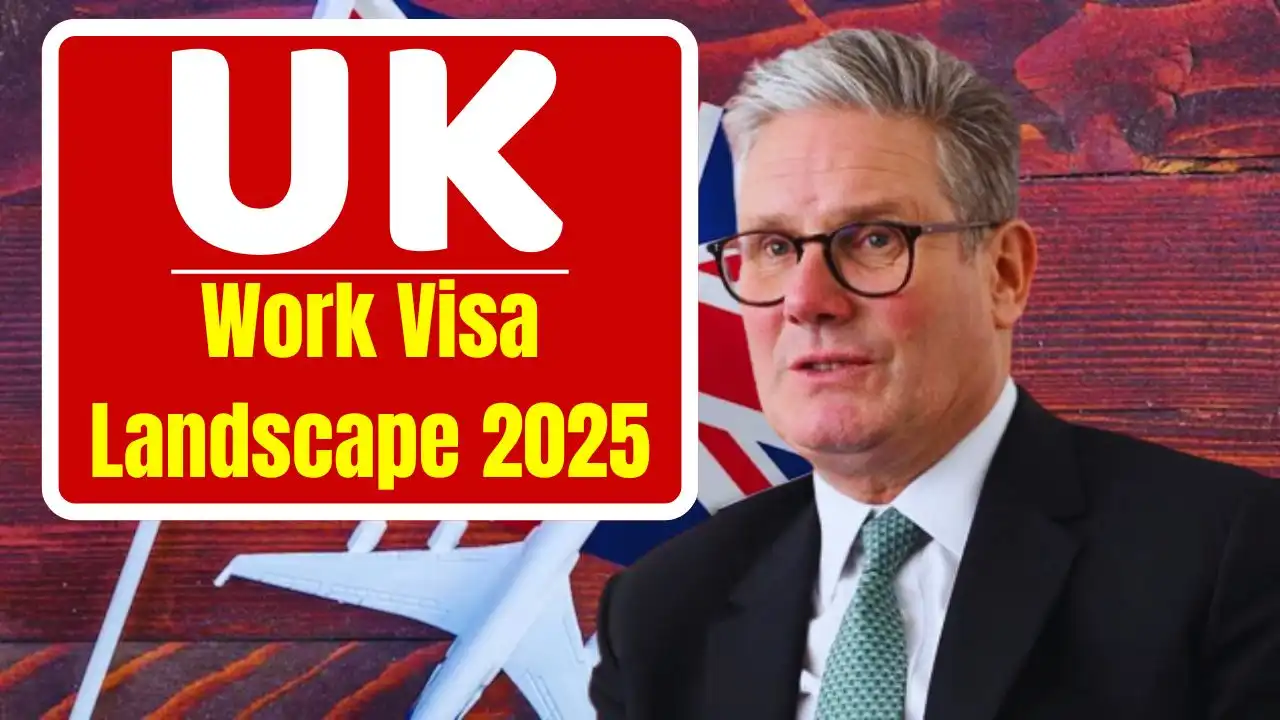With the changes seen in British immigration regulations in 2025, significant updates in the visa system should be seen as evidence that the country is responding to emerging labor market requirements and changes in its immigration strategies.
The impact of these changes on different aspects of the visa system such that all eligibility criteria, application processes, and visa categories are included should be communicated adequately so that both prospective workers, employers, and even immigration consultants can keep abreast of the changes for them.
Increased Threshold Salary
One distinguishable and major change is the increase of minimum annual salary to be eligible for visa sponsorship. The threshold has been raised in line with the growth of basic costs and, at the same time, underscores the fair remuneration. The changes apply to both new applicants and those who renew their visas, thus signifying even more that the UK is keen to accept only high-value talent in their jurisdiction while concurrently maintaining fair salary levels across the economy.
Further Expansion of the Shortage Occupation List
Its expansion is part of the UK’s attempt to address critical shortages of labor. This makes the country even more open to skilled professionals in the healthcare, IT, and other sectors such as engineering and education: these will even enjoy the streamlining of visa procedures and salary thresholds, aiming at fulfilling much-needed services and improving economic productivity in the land.
Creation of New Visa Subcategories
In 2024, some separate categories in the UK visa classification ideally matched the world’s changing employment scenes. These are visas particularly for startup entrepreneurs, remote workers, and, for sure, the highly skilled in particular sectors like new green technology and artificial intelligence. Increased flexibility and better opportunity doors are for specialized-talent entrants who may come in and contribute effectively to the economy of Britain.
Advancing Sponsorship Needs A review of sponsorship requirements by employers has created favourable conditions that make companies to hire workers from abroad without fuss. In fact, employers can now avail themselves of a more streamlined system online, making the whole business of producing certificates of sponsorship, and also greatly, the administrative burdens weighing down small and medium-sized businesses that seek to attract foreign talent.
Post-Brexit Adjustments for European U.S. Nationals
Brexit adjustments continuously mold UK visa policies as new integration elements have emerged for EU nationals forcing a smoother work visa application process. Regulated by the wider global application framework, EU nationals still necessitate a work visa despite being assured equal opportunities along with squarely stringent security checks_remain intact.
Conclusion
The 2024 British work visa reform to align major labor market demands and economic capabilities for growth underlines in boosting salary thresholds, extended appendix of shortage lists, and new visa categories that Britain gears up to be considered a suitable competitive destination for global talent. Many are turning out to be changes, but others are to be kept aware to prepare for the complexities of the visa system to be negotiated.



